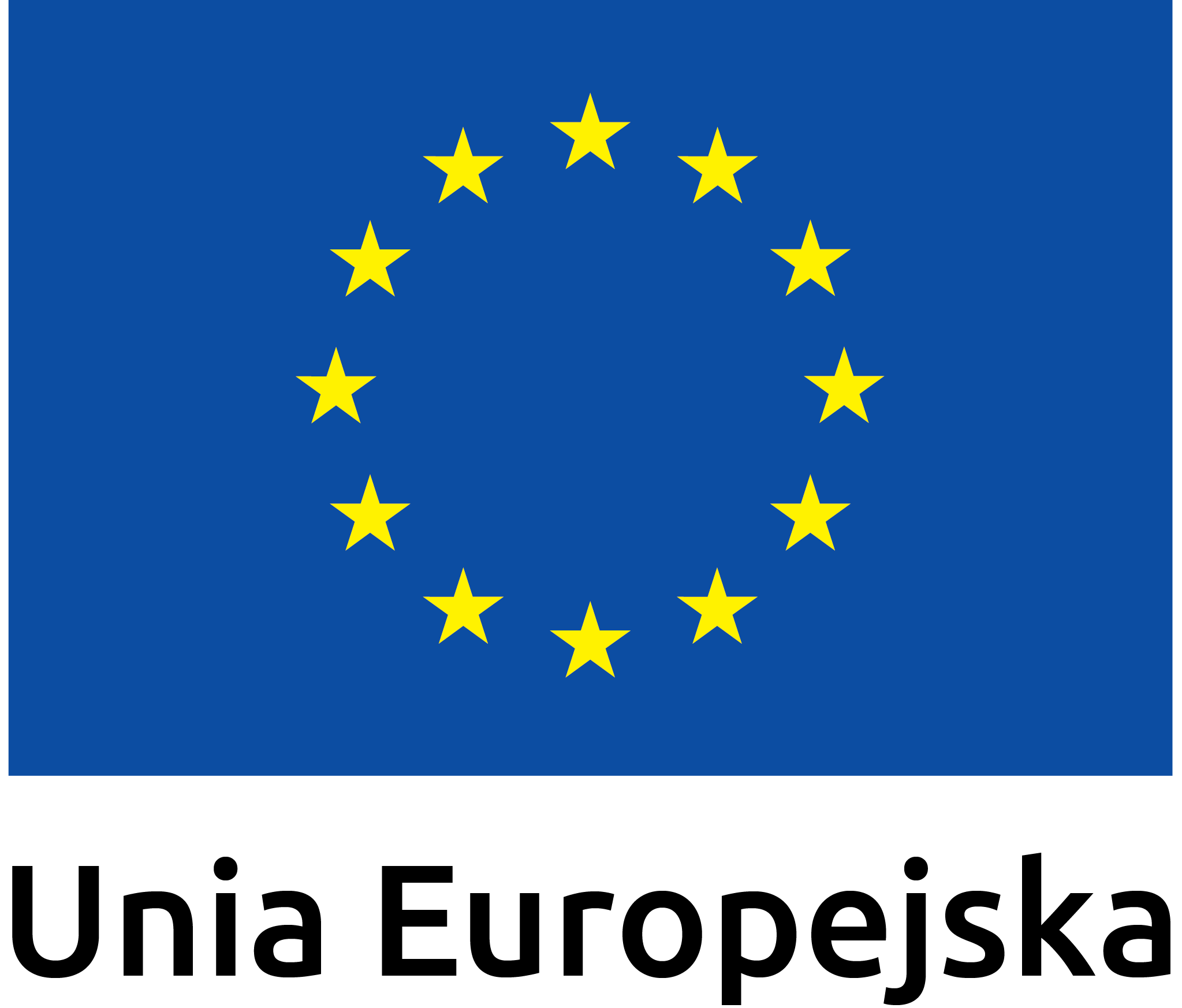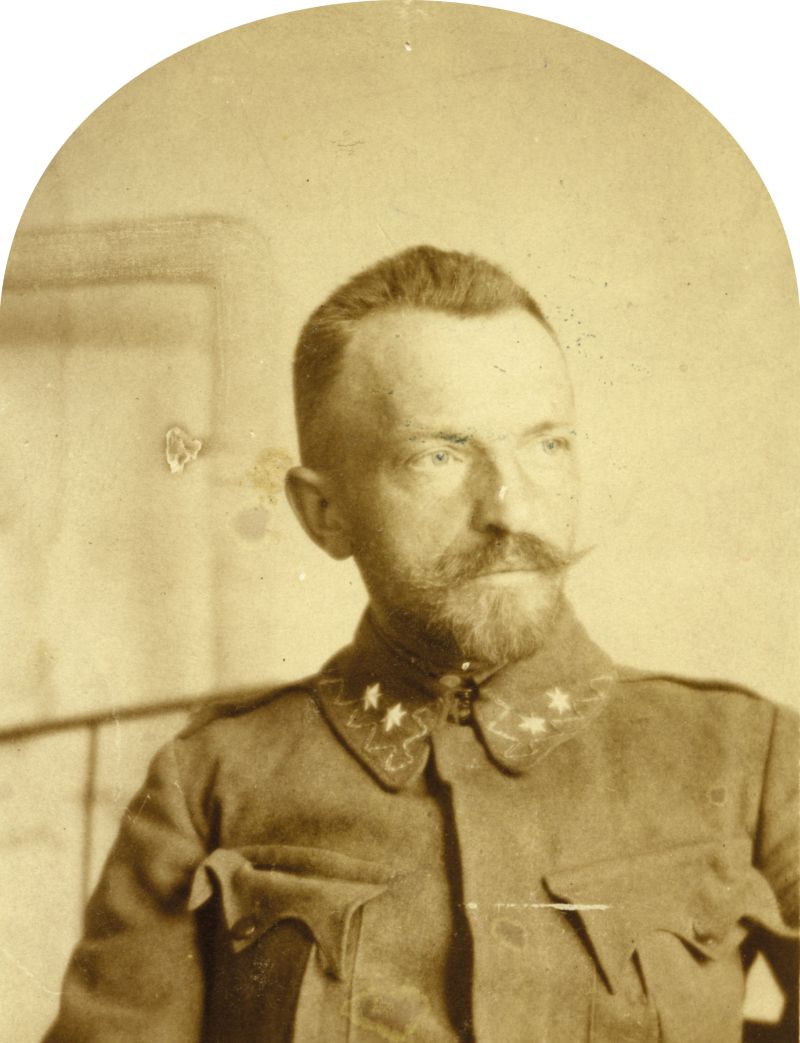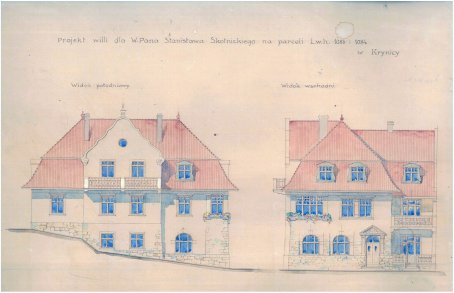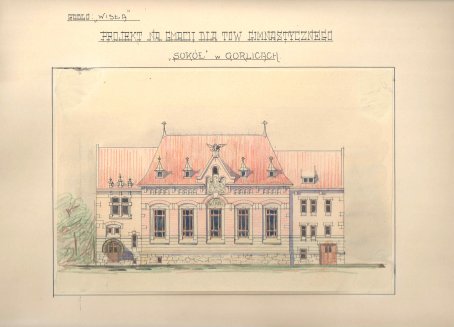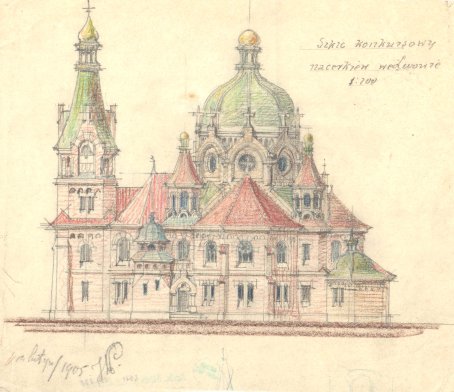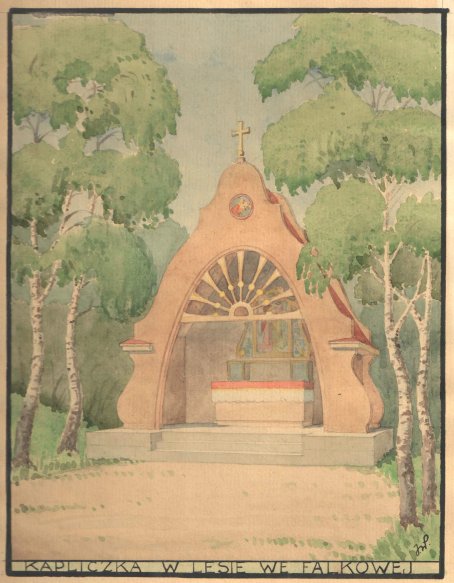Exhibition
Józef Wojtyga. Architect and independence activist.
Józef Wojtyga was born in Krakow, but he connected his life with Nowy Sącz. He was a recognized architect and restorer. In the most important moments for the homeland, he showed himself as a devoted soldier and patriot.
Wojtyga also wrote down a beautiful card of an independence activist and social worker.
The exhibition, to which we cordially invite you, is to remind us of this exceptional man.
He was born on March 15, 1881 in Kraków. He studied architecture at the Technical University in Lviv, and after graduating in 1905, he briefly returned to Krakow, and then in 1908 he came to Nowy Sącz, where he set up a design office. He settled in the city permanently, working as a builder not only for local clients. The heyday of his architectural activity took place in the interwar period, from which the most prestigious and well-known projects come: the church in Łabowa, the palace in Jedlicze, the Salesian church in Skawa and modernist mansions in Nowy Sącz. In addition to designing, Józef Wojtyga was involved in conservation activities. In this field, his most important commission was the preparation of assumptions for the renovation of the church of St. Małgorzata in Nowy Sącz and carrying out the works.
He was an activist of pro-independence organizations: vice-president of the Riflemen's Association, treasurer of the Polish Military Treasury and a member of the 10th Shooting Team. After the formation of the Polish Legions, from September 1914, he served as a military commissioner at the Poviat National Committee in Nowy Sącz. He was also a delegate of the Military Department of the Supreme National Committee and supervised the "shelter for superarbitrated legionnaires" established in the city. From September 1917, he was active in the Polish Auxiliary Corps (II Brigade of the Legions).
In February 1918, during a clash near Rarańcza, he was arrested by the Austrian authorities and interned in a camp for legionnaires in Hungary. Then he was incorporated into c.k. army and from March to June 1918 he was on the Italian front. For his merits he was awarded i.a. the Cross of Independence, the Legionary Cross and the Badge of Internees. During World War II, the Wojtygi house was a meeting place for underground activists. After the end of the war, the architect, disappointed with the post-war reality, did not return to work in his profession. He died of heart disease in Nowy Sącz on July 17, 1952.
In February 1918, during a clash near Rarańcza, he was arrested by the Austrian authorities and interned in a camp for legionnaires in Hungary. Then he was incorporated into c.k. army and from March to June 1918 he was on the Italian front. For his merits he was awarded i.a. the Cross of Independence, the Legionary Cross and the Badge of Internees. During World War II, the Wojtygi house was a meeting place for underground activists. After the end of the war, the architect, disappointed with the post-war reality, did not return to work in his profession. He died of heart disease in Nowy Sącz on July 17, 1952.
The exhibition consists of two parts. The first, devoted to the professional work of Józef Wojtyga, includes designs and architectural drawings of selected buildings as well as numerous sketches and painting impressions created during various travels, as well as in wartime conditions. The second part shows Józef Wojtyga as a legionnaire and an independence and social activist. We show military and personal documents, correspondence and a collection of family photographs. All exhibits presented at the exhibition come from the collections of the historical department and the Archives of the District Museum in Nowy Sącz. They were donated by the architect's daughter Maria Wojtyga and granddaughter Maria Serafińska-Domańska.
Authors: Edyta Ross-Pazdyk, Beata Wierzbicka
Authors: Edyta Ross-Pazdyk, Beata Wierzbicka
4 Photos
